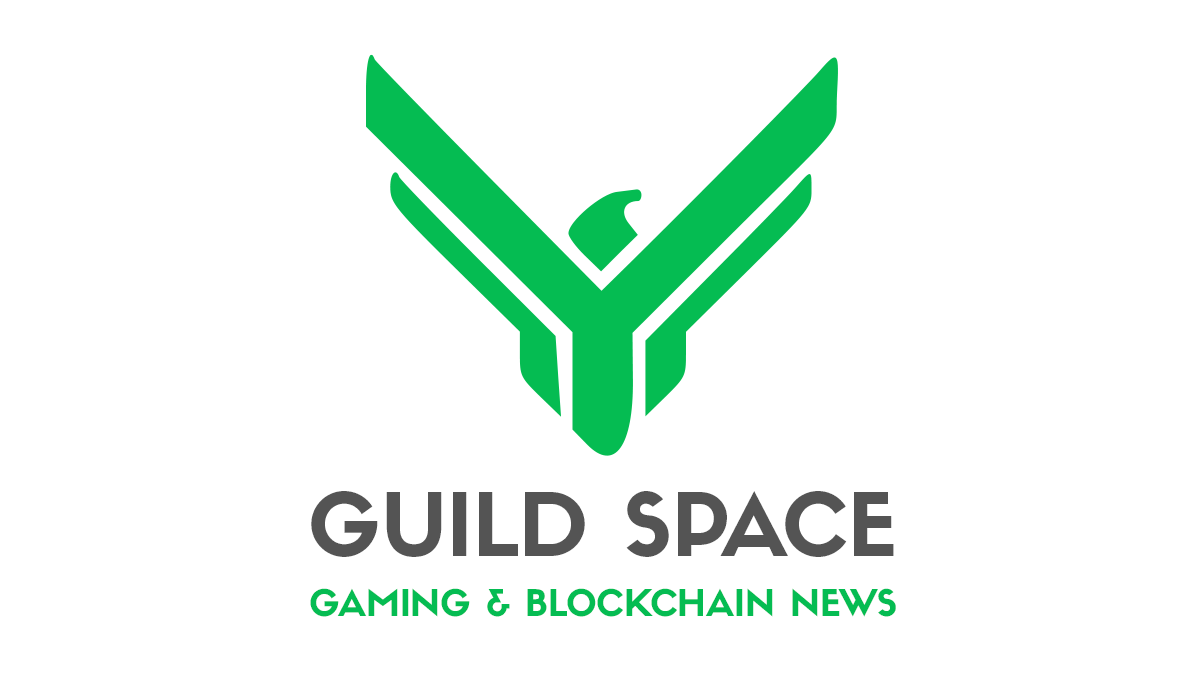Blockchain Game Engines: Developing the Next-Generation Games


An exploration into the possibilities of creating game engines using blockchain technology and its potential impact on the gaming industry.
Introduction
Blockchain technology, primarily known for its role in cryptocurrency, is making waves in the gaming industry. With its decentralized nature and security features, blockchain offers new avenues for game development, asset ownership, and in-game economics. This article delves into the potential of blockchain game engines and how they are set to transform the gaming landscape.
What is a Blockchain Game Engine?
A blockchain game engine is a development environment that integrates blockchain technology into the core of the gaming platform. It enables developers to create decentralized games, manage in-game assets on a blockchain, and often features smart contract functionality for automated transactions and gameplay mechanics.
Benefits of Using Blockchain in Game Engines
- Decentralization: It ensures that the control of the gaming environment is distributed among the users, reducing the influence of central authorities.
- Security: The cryptographic nature of blockchain protects against hacks and fraudulent activities.
- Asset Ownership: Players can have true ownership of in-game assets, which they can trade or use across different games and platforms.
- Transparency and Trust: Blockchain records are immutable and transparent, which builds trust among the players regarding transactions and game mechanics.
Examples of Blockchain Game Engines
1. Enjin
Enjin is a popular blockchain engine that allows developers to create games on the Ethereum blockchain. Enjin provides tools for creating and managing virtual goods and interacting with the platform through smart contracts.
2. XAYA
XAYA offers a completely decentralized solution for game development. It provides full autonomy and control over gaming assets and enables the creation of complex and scalable games without the need for servers.
3. Loom Network
Loom Network specializes in creating DAppChains, which enables developers to build scalable DApps and games with high performance and security.
Impact on the Gaming Industry
Monetization and Economics: The ability to monetize in-game items and create economic systems within games.
Enhanced Security: Protection against fraud and hacking through blockchain cryptography.
Ownership and Asset Transfer: The ability for ownership, purchase, sale, and trade of gaming assets across games and platforms.
Innovation and New Possibilities: Blockchain opens the doors for innovative game mechanics, such as persistent worlds, decentralized autonomous organizations (DAOs), and more.
Conclusion
Blockchain represents a revolutionary technology that can redefine the gaming industry. Game engines integrated with blockchain are opening new horizons for developers and players alike by providing the tools to create scalable, secure, and innovative gaming ecosystems. The ability for players to own, trade, and monetize their digital assets could lead to the formation of new economic models and forms of engagement in gaming. At the same time, it poses new challenges for developers in ensuring security and compliance with legal standards. In the future, blockchain may become a fundamental component in the evolution of the gaming industry, altering approaches to game creation, distribution, and engagement.
Recent Posts
How to Manage an Online Community: Best Practices for Success
In today's digital age, online communities have become a pivotal aspect of brand building, marketing, and fostering user engagement. Proper…
The Future Smart Home: Automation, Energy Efficiency & Next-gen Technologies
Automation, Energy Efficiency, and Cutting-edge Technologies in Domestic Management. 1. Introduction In today's world, technology continues to become more integrated…
Building an Online Community: A Step-by-Step Guide
In today's digital age, online communities have become hubs for knowledge exchange, shared interests, and camaraderie. If you're thinking of…
Blockchain’s Revolution in Real Estate: Ushering in Transparency
Blockchain, originally known as the backbone technology of cryptocurrencies, holds potential far beyond the financial sector. One such area where…
Leveraging Graph Databases for Complex Data Structure Analysis: An Overview of Benefits and Application Methods
The contemporary data landscape is ever-expanding and becoming more intricate, and conventional analysis tools and methods often fall short in…
Leveraging Quantum Computers in Scientific Research: A Revolution in the World of Science
The emergence of the first working prototypes of quantum computers signaled a new era of scientific exploration. With a fundamentally…